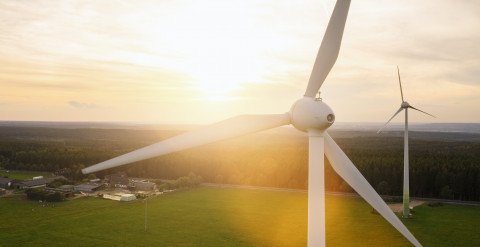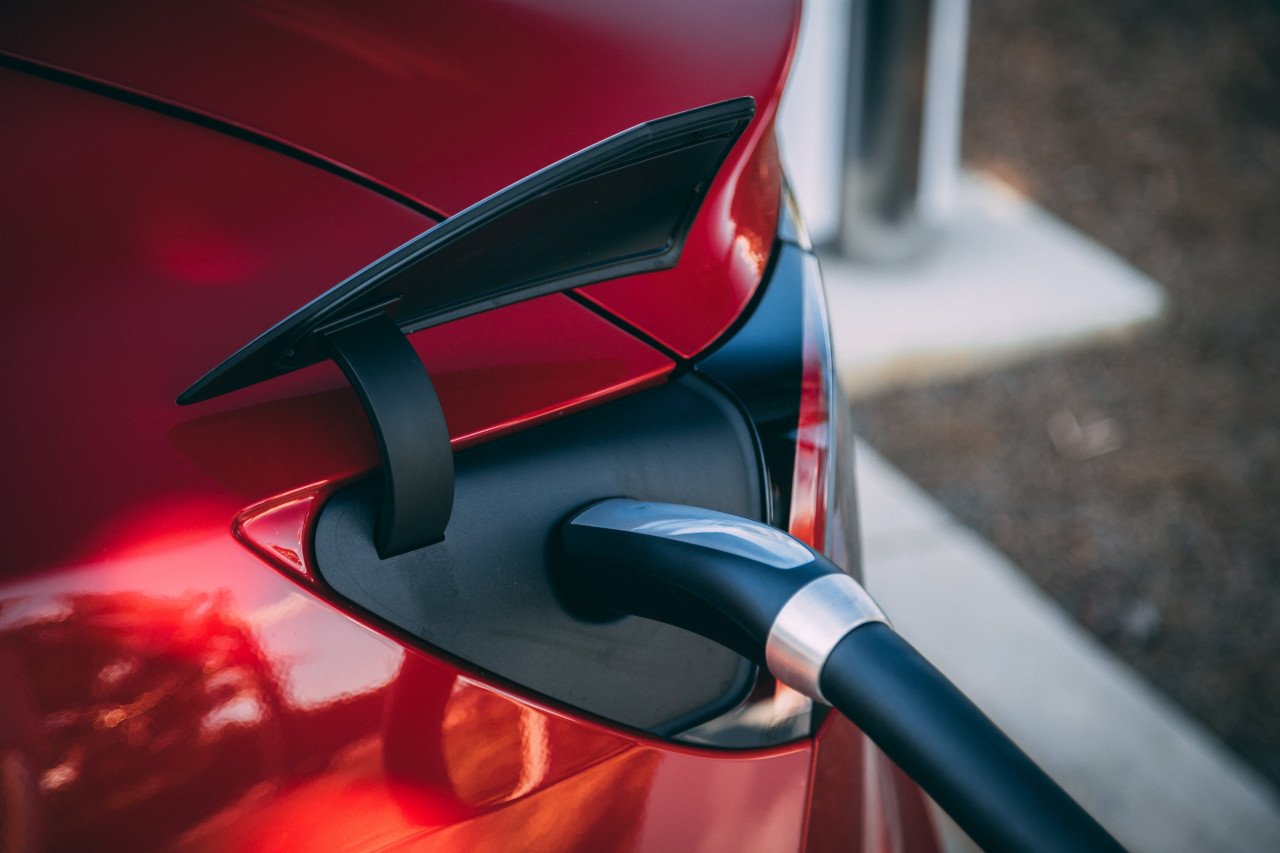Japan is evaluating $14 billion in additional investments to promote local production of energy storage batteries, semiconductors and equipment used to make hydrogen, according to a government document. If the plan is cleared, each sector will have an investment strategy by year-end, with the funds flowing from next year. Japan is looking to phase out fossil fuels from its energy mix and become Net Zero by 2050.
China's BYD and South Korea's KG Mobility are in talks to build an EV battery plant in South Korea, Reuters reported. The news comes amid reports Chinese battery makers could use South Korea as a base to qualify for American tax credits on their goods. South Korea is home to three large battery companies — LG Energy Solution, Samsung SDI and SK On, but they focus on nickel cobalt batteries, whereas BYD specializes in lithium-iron-phosphate (LFP) batteries.
Tesla has slowed production at its factory in Germany, and could lower output further, media reports said, indicating a supply glut in the European EV market. The plant near Berlin manufactured 5,000 cars a week (1,000 per day) in March, but Business Insider reported internal data shows output has fallen to 870 cars per day since, and further to 750 vehicles a day. Tesla, which hopes to double the Berlin factory, has admitted it is hiring fewer temporary workers.
Norway's Equinor inaugurated the world's largest floating offshore wind farm, consisting of 11 turbines for a total capacity of 88 MW. Located about 140 km from the shore, the Hywind Tampen wind farm will supply electricity to the country's Gullfaks and Snorre oil and gas fields, meeting about 35 percent of their annual power requirement. It is expected to reduce CO2 emissions by 200,000 tonnes a year. Norway is eyeing 30 GW of offshore wind capacity by 2040.

Daily Shorts: Maxeon Solar heads to US, Algonquin puts renewables biz on the block
Read More

